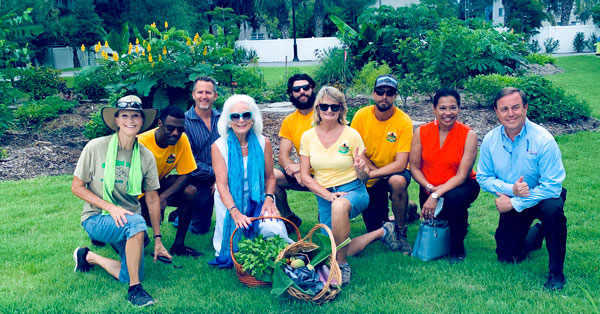A child’s earliest experiences have a lasting impact on their brain development. Genes provide the blueprint, but experience builds the neural pathways. When children experience chronic trauma they learn that the world is unsafe. And when the child experiences that trauma at the hand of a caregiver, it is the worst kind of betrayal. This trauma is referred to complex trauma and it is the most difficult to treat. The brain’s physiological stress response—or “states”—become “traits” and that early relationship serves as a lens for what that child will expect from future relationships.
How Does Trauma Manifest?
Research reveals that children with this history have primary deficits in emotion regulation manifesting in:
- Fragmented identity development, cognitive distortions, and self-blame.
- Delayed emotion regulation and modulation, often leading to reactive behaviors.
- Uncertainty and distrust of others leading to difficulty forming and maintaining close relationships.
How All Star’s Clinical Team Addresses Childhood Trauma:
All Star’s four clinicians and clinical director have specialized training in trauma-focused interventions. This specialized knowledge benefits in many ways:
- Helping children and their families learn how trauma impacts child and family.
- Trauma violates a child’s sense of safety. Trauma-focused therapy assists a child in re-developing a sense of safety—emotionally, psychologically and physically.
- When a traumatized child seems to overreact, it’s often in reaction to a trauma reminder. Treatment can teach a child to recognize these reminders and provide tools to navigate those situations.
- Activities such as meditation, art expression, and exercise can build a child’s resiliency and teach them how to cope with emotions.
- Trauma-focused therapy can decrease traumatic stress symptoms, including depression, anxiety, dissociation, trauma-related shame or guilt, flashbacks, and nightmares.
- Helping a child change the narrative of their story and gain control over past experiences. The child learns to organize their unique experiences into everyday life and take ownership of their sense of self and their place in the world.
Growing Vegetables and Resiliency
Our gorgeous organic vegetable garden is producing a bountiful crop this summer, including cabbage, peppers, onions, and kale. Not only will the fresh vegetables physically nourish children who live on our campus, they will also nourish a child’s resiliency to help move them through their traumatic experiences. Children who volunteer to pull weeds or harvest vegetables will find the work repetitive and calming. Tending and caring for something can encourage children to nurture, which is the beginning of empathy. And gardens are beautiful and living and green. Just being in green space creates a grounding experience that helps regulate emotions. Many thanks to Jan Schmidt for sponsoring this amazing garden that will bring smiles to children for years to come!

All Star’s garden is the handiwork of Operation Eco Vets, a nonprofit that provides outreach, education, and employment to veterans in ecological design of farm and landscape. Their 7-acre farm is located on Easter Seals property here in Sarasota.
From Left to Right: Erin Saba, Eco Vets volunteer and Coast Guard mom; Ahshaad Nichols, Eco Vets, Army; George Pfieffer, Easter Seals, vice president business development; Graci McGillicuddy, All Star founder and board chair; Nick Milan, Eco Vets, Navy; Camille Keller Van Sant, Eco Vets executive director, Navy; Shawn George, Eco Vets, Navy; Linda Poteat-Brown, Easter Seals, director of HR; Tom Waters, Easter Seals, president and chief executive officer.

